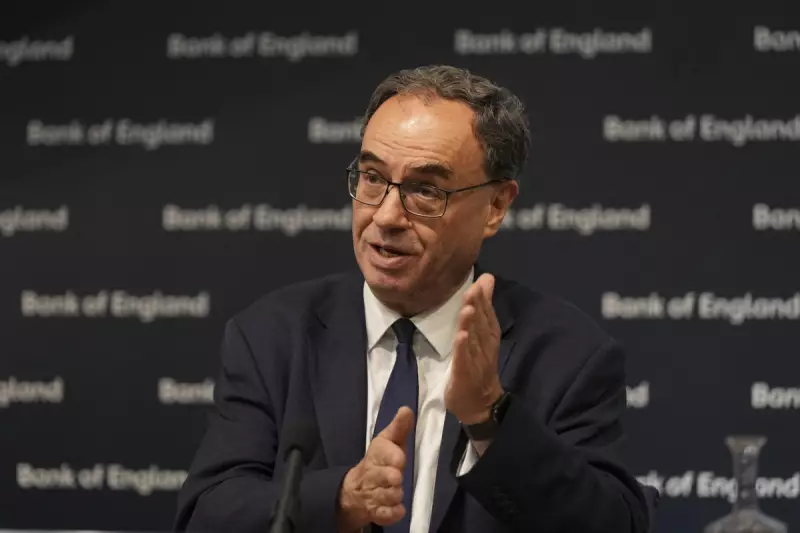
Bank of England Governor Andrew Bailey has conceded that the central bank needs to learn "very big lessons" after its inflation forecasting models repeatedly failed during Britain's cost of living crisis.
Appearing before the House of Lords Economic Affairs Committee, Mr Bailey faced intense questioning about why the Bank's predictions consistently underestimated the persistence of high inflation.
Forecasting Failures Under Scrutiny
The Governor acknowledged that traditional economic models had struggled to account for unprecedented global shocks, including the pandemic's disruption and subsequent energy price spikes following Russia's invasion of Ukraine.
"We've had the biggest real economic shock that we've seen in my working lifetime," Mr Bailey told peers, describing the challenges of predicting inflation during such volatile times.
Defending Monetary Policy Decisions
Despite the forecasting errors, Bailey defended the Bank's decision-making process, insisting that the Monetary Policy Committee had responded appropriately with successive interest rate hikes.
"We raised interest rates and we did so because we saw the signs of persistent inflation," he stated, pushing back against suggestions that the Bank had been too slow to act against rising prices.
Lessons Learned for Future Policy
The Governor revealed that the Bank is undertaking a fundamental review of its forecasting approaches, recognising that existing models may no longer be adequate in today's rapidly changing economic landscape.
"We are learning very big lessons from this," Bailey emphasised, suggesting that the Bank would need to develop more robust frameworks for understanding inflation dynamics in the future.
Looking Ahead
While inflation has recently fallen closer to the Bank's 2% target, Bailey cautioned that the "last mile" of returning to price stability could prove challenging, with services inflation and wage growth remaining elevated.
The appearance before Lords committee members comes as the Bank faces ongoing criticism about its handling of monetary policy during one of the most difficult economic periods in recent history.





